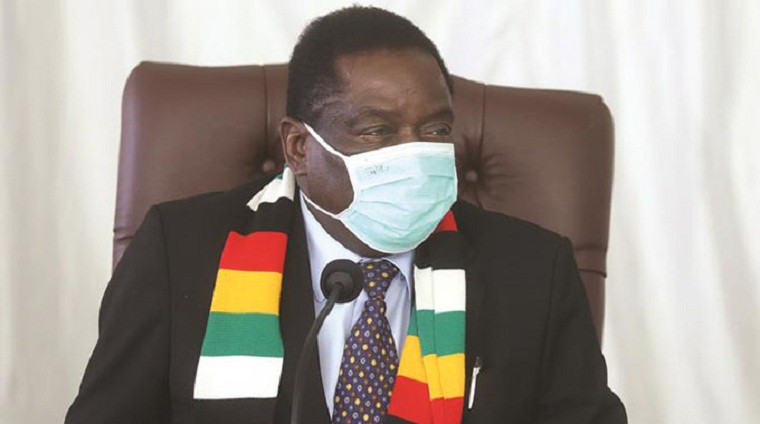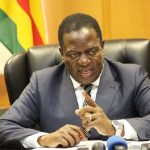 Zimbabwe President Emmerson Mnangagwa has admitted that his government has been fuelling the black market through its procurement system where it has been paying the equivalent of US$1 500 for an airline ticket that sells for US$300 and procuring fuel at rates of between $900 and $1 000 to the United States dollar.
Zimbabwe President Emmerson Mnangagwa has admitted that his government has been fuelling the black market through its procurement system where it has been paying the equivalent of US$1 500 for an airline ticket that sells for US$300 and procuring fuel at rates of between $900 and $1 000 to the United States dollar.
He, however, said that this was not intentional but was a sin of omission.
Mnangagwa said the government was now tightening its procurement system and would use its preponderant power in the market for greater good.
The government accounts for 70% of the procurement of goods and services in the economy.
“We should, in the next few weeks or months, see a gradual return to normalcy in the economy,” Mnangagwa said. “We just have to consolidate on the positive fundamentals that have not been that easy to achieve.”
Writing in his weekly Sunday Mail column, Mnangagwa said: “The Second Republic vows to stabilise the economy, and to spare no tool towards realising this goal. Above all, under the Second Republic, the fight against economic destabilisation knows no sacred cows or hidden corners.
“My government is determined to walk the whole length and expend every ounce of energy to ensure order and discipline returns to the National Economy. Let no one doubt our resolve…..
“In addition, the size of offenders means nothing to us; we will come for you once you dabble in the unlawful and unethical. No one player is stronger than government; or above punishment.”
Full article:
Figures just released by our monetary authorities are quite pleasing, and do point to an upward surge in the Economy. Export proceeds from January to June this year stood at more than US$5.4 billion, up from US$4.07 billion the same period last year.
Exports dominated these earnings, suggesting greater activity in the Economy. This is hardly surprising.
During the same period, figures on foreign payments show greater importation of capital and intermediate goods, thus indicating our economy continues to retool, and to lean towards value addition in line with our policy towards greater beneficiation and domesticating value chains.
Capital goods for the same period accounted for US$829.4 million, up from US$625.6 million used up on the same in 2021.
Intermediate goods asked for US$609.8 million, up from US$328.2 million we spent in 2021. Statistics show a drastic reduction in importation of finished goods, showing that more and more, we are meeting our needs from local manufacturers. This trend must continue into the future so we escape the curse of a supermarket economy which is stocked from elsewhere.
Continued next page
(542 VIEWS)

